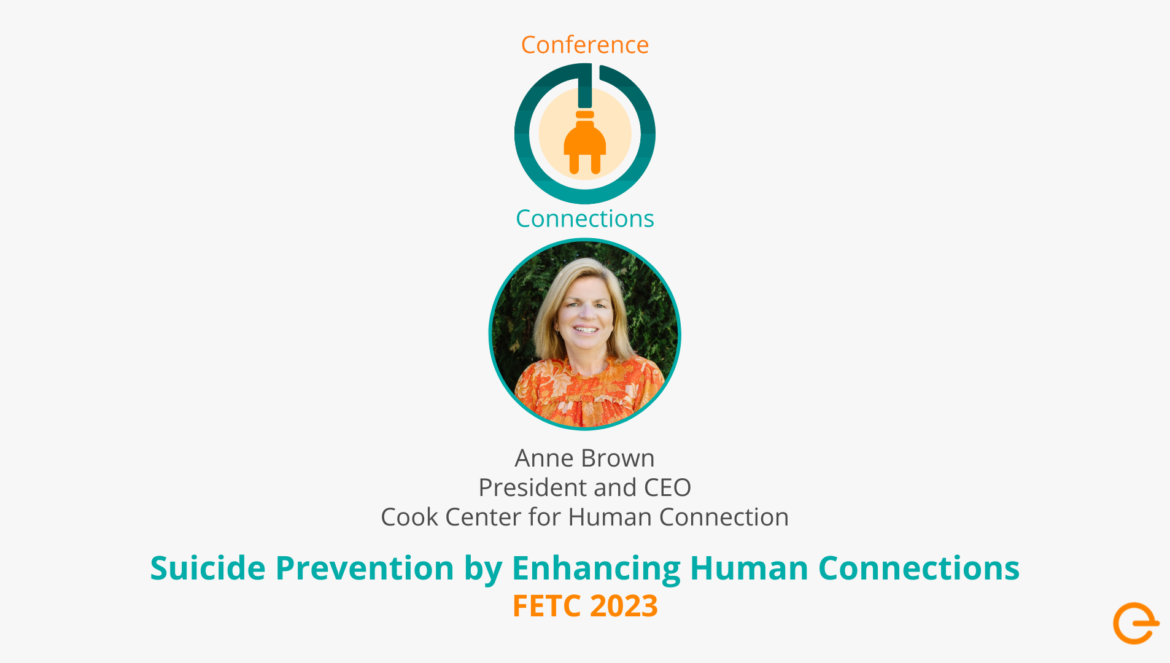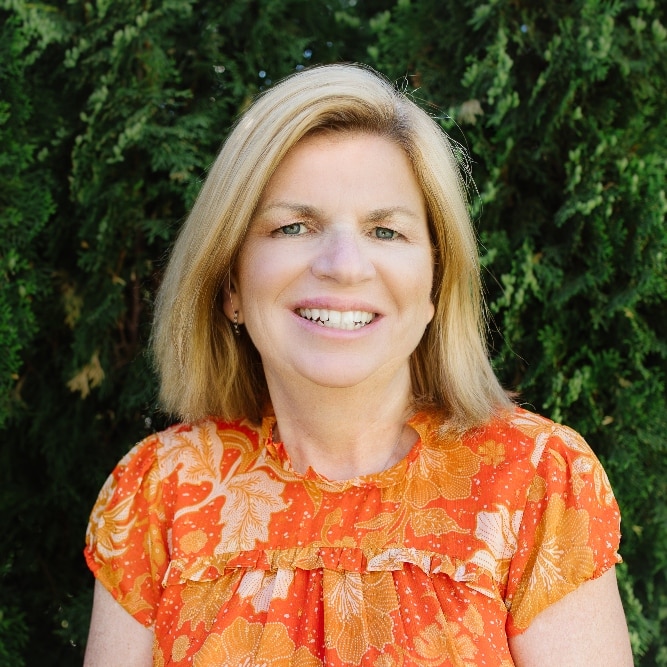Table of Contents
How do we ensure that schools, students, and families have the mental health resources they need when an emergency or mental health crisis arises?
In this episode of Conference Connections, an interview series with K20 thought leaders, we chat with Anne Brown, President and CEO of the Cook Center for Human Connection. The edCircuit team caught up with Anne at FETC 2023. The topic of this discussion was youth mental health, suicide prevention, and school mental health preparation.
“If you’re a 15-year-old girl who has become a single mom, you’ve probably never had a parenting course. But if you’re a Harvard MBA, you probably also have never had a parenting course. Much of my career in education has been focused on inner city, low-income, rural places where socioeconomics played a huge part. And what’s really interesting about this is that [mental health crisis] crosses all socioeconomic barriers. Mental health can be strong with the poorest family, and it can be strong with the most wealthy family, but equally, it can be families on either end of the spectrum who can be struggling mightily with mental health issues and needs.”
Providing Mental Health Resources to Schools
At the beginning of this conversation, explore the Cook Center’s dedicated mission to end teen suicide. The Cook Center offers many programs to address the cause of mental health crises and address emergency situations at school and home. The two major divisions of their support are direct giving and direct support.
Direct giving involves research programs and services and providing schools with the necessary funds and grants to implement the programs. One such program is the establishment of calm rooms, which give students a safe space to decompress when facing a mental health challenge.
On the other hand, direct support is the resources and training the Cook Center offers to school districts nationwide. These trainings focus on giving teachers, guidance counselors, and parents the resources to address student mental health crises. A majority of the direct support programming offered by the Cook Center gives resources to parents who may not have the requisite knowledge and training to support their students who need help.
Mental Health at Home
In the second half of this episode, Anne discusses how important at-home resources are for student mental health. The Cook Center has excellent resources that focus on training parents on what to do in case of a mental health crisis. Anne shares some impactful stories of how parents were able to use their training to help their children prevent suicide situations. As Anne discusses, equitable access to these resources is essential to increasing preparedness for mental health crises and preventing teen suicide.
The conversation closes with a discussion of program implementation. A major distinction made in this part of the discussion is the difference between mental health and social emotional learning. Social emotional learning improves students’ skills, but mental health resources are important for addressing issues outside regular school hours.
Equity is the Key to Addressing Student Challenges
Overall this conversation highlights how providing resources to families and schools will allow for more support for students and, hopefully, a better mental health landscape for K12 education. However, if families do not have resources, they will struggle to deal with unique and all-too-common mental health crises.
To learn more about the Cook Center for Human Connection, visit their website and follow them on Instagram, Facebook, and LinkedIn.
For future episodes of Conference Connections, visit edCircuit.


